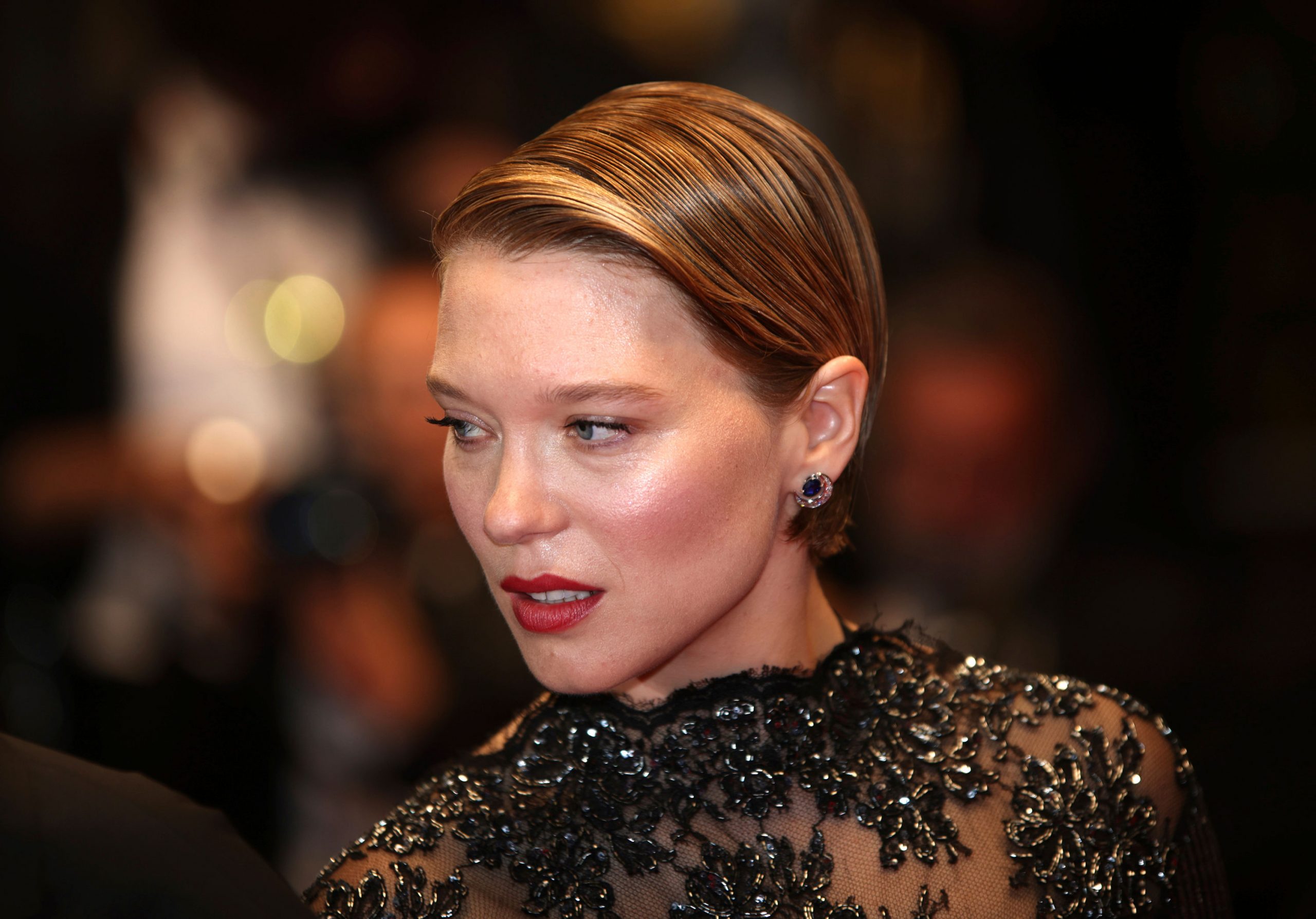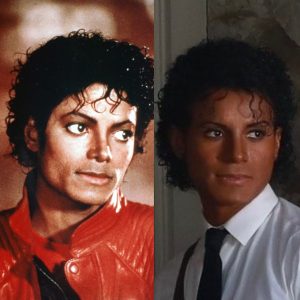Léa Seydoux has won the Cannes Film Festival yet again.
The French actress previously won the festival’s Palme d’Or in 2013 for “Blue Is the Warmest Color,” making her and Adèle Exarchopoulos the first actors to ever win the top prize, which they shared with director Abdellatif Kechiche.
She had four films at the festival last year but missed them all because she tested positive for COVID-19. But this year, Seydoux delivers two of her best performances in a pair of Cannes premieres: Mia Hansen-Love’s “One Fine Morning” and David Cronenberg’s “Crimes of the Future.” They have only served to bolster the notion that Seydoux is the best French actress of her generation.
Seydoux warmly met a reporter on a recent afternoon a few blocks from Cannes’ Palais des Festivals. How was she doing? “Great!” she said. “Should I not be great?”
Also read: Cannes 2022: George Miller debuts ‘3000 Years of Longing’ long after Mad Max
Seydoux, 36, has already had a significant impact in Hollywood, most notably by adopting the traditionally clichéd role of “Bond Girl” and expanding the character — a “Bond Woman” she redefined — through numerous films, providing a new degree of complexity to the brand. Seydoux was so good that James Bond wanted to marry her.
But it was evident at this year’s Cannes Film Festival that Hollywood was simply one stop in Seydoux’s fast-evolving, extraordinarily varied career, in which she has managed to be one of Europe’s most famous faces while still emitting a cryptic melancholy on film. She’s both everywhere and nowhere at the same time.
“I carry a sadness,” Seydoux attributes it to a quiet childhood. “Cinema for me is something playful. It’s a real consolation because, in a way, I transformed my sadness into an object of beauty. Or I tried to, anyway. It’s not like it works every time.”
“If I didn’t have cinema, I would have been very sad,” she adds. “That’s why I work all the time. It’s a way to be connected.”
Also read: Cannes 2022: Hina Khan calls out ‘elitism’ after guest list snub
Seydoux plays a young widow raising a daughter in Paris while caring for her elderly father, whose memory is fading, in “One Fine Morning,” one of Cannes’ standouts. A passionate affair ensues after reconnecting with an old acquaintance. “One Fine Morning,” Hansen-semi-autobiographical Love’s film written just before her own father died of COVID-19, throbs with the irreconcilable coexistence of grief and love, death and rebirth, and life’s perplexing impermanence. Hansen-Love, the director of “Bergman Island,” wrote it with Seydoux in mind.
“She was maybe my favorite actress for this generation,” Hansen-Love explains. “She’s enigmatic in a way that very few actresses are. She’s not trying to show things. She’s not affected.”
“There’s a sadness and melancholy about her that contrasts with her status as a superstar that moves me,” the writer-director adds. “On the one hand, she’s a very glamorous figure in the landscape of cinema. She’s very sexy. She’s in films where she’s seen from the viewpoint of a masculine fantasy, and she enjoys that a lot, I think. But there’s an innocence and simplicity about her that gives me the same feeling when I film unknown actors.”
Sony Pictures Classics purchased the film for theatrical distribution in the United States on Monday, noting Seydoux’s “finest performance to date.”
Seydoux has seen some of the worst sides of the film industry leading up to this point. In 2017, she said that Harvey Weinstein once forced her to kiss her in a hotel room during a meeting about a potential part. In the lesbian romance “Blue Is the Warmest Color, Kechiche’s move to shoot up to 100 takes of a single shot has also been called into question.
However, Seydoux, who just signed on to adapt the sensual novel “Emmanuelle” with “Happening” director Audrey Diwan, says she has never been afraid to express her sexuality on screen. With Hansen-perspective, Love’s “One Fine Morning” is one of the most sensual pictures at Cannes.
Also read: Nameless dictator vs power of cinema – who will win? Zelensky votes the art
“I felt that this movie was about passion,” Seydoux says. “I don’t have problems with nudity. It’s something I like to see as a spectator, as a viewer. I think it’s beautiful. I love sex scenes in films.”
Seydoux co-stars with Viggo Mortensen in David Cronenberg’s “Crimes of the Future,” which will be released in theatres on June 3rd. She plays a surgeon who performs procedures to remove cancers and organs with the artistry of a surgeon in a future where humans and plastics have grown closer.
“To be honest, I didn’t understand everything about the film,” a smiling Seydoux says. “For me, it’s like a metaphor about what it is to be an artist.”
“Crimes of the Future” depicts a typical science-fiction setting, yet Seydoux seems surprisingly grounded in it. Seydoux, who is looking for more open-ended cinematic adventures, adds that filming a range of films “is how I feel free. I don’t want to be stuck in one place.”
“I’m not crazy about films that are ‘entertaining,’” Seydoux adds. “I don’t think that I go to the cinema to be entertained. I know it’s a big thing in America. I like to ask myself questions more. I don’t like to be given answers. I don’t want to stop thinking. I think certain films are just to feed you with images.”
“I love to feel that I’ve touched something truthful,” Seydoux reveals. “In this world we’re living in today, Instagram and all that, is just lies. I feel that with cinema we can touch a certain truth. And there are many truths. I love to be touched. I feel alive.”






